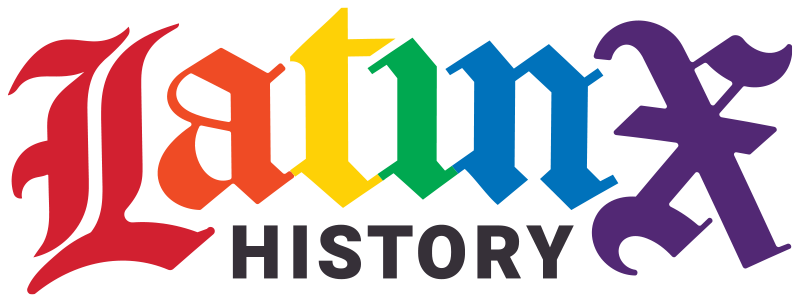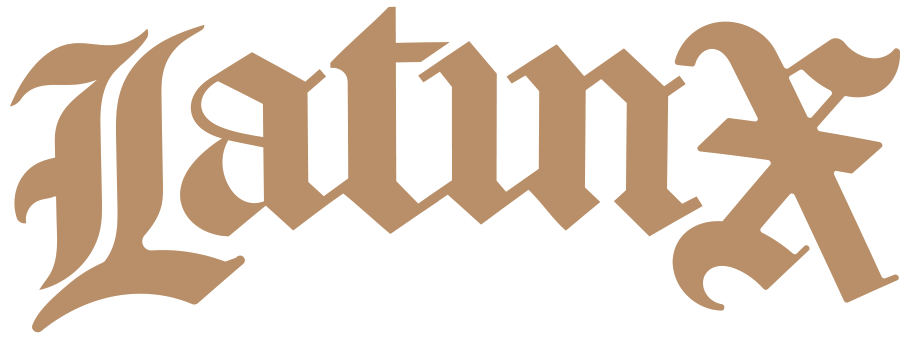The story of how Los Angeles founded by Los Pobladores is a tale of resilience, diversity, and the blending of cultures. In 1781, 44 settlers, including both Indigenous peoples and people of African, European, and Mexican descent, established the city of Los Angeles under the Spanish Empire. This diverse group, known as Los Pobladores, became the foundation of one of the most iconic cities in the world today.
A Multiethnic Founding
The founding of Los Angeles was not a single-event conquest, but rather a communal effort that involved a combination of settlers from different racial and ethnic backgrounds. Los Pobladores, meaning “the settlers,” included 22 Mexicans, 10 Indigenous people from the Tongva tribe, and 12 African Americans, several of whom were free. This multiethnic group worked together to establish a small settlement at the base of what would become a bustling metropolis.
The Establishment of a New Town
On September 4, 1781, the Spanish government officially founded the Pueblo de la Reina de Los Ángeles (The Town of the Queen of Angels). Los Pobladores received land grants to build homes, and their settlement quickly grew as they constructed irrigation systems, cultivated crops, and established local trade networks. This moment marked the beginning of the transformation of the Los Angeles area from a remote frontier outpost to a key location in the larger Spanish colonial system.
The Legacy of Los Pobladores
Today, the founding of Los Angeles is celebrated as a pivotal moment in California’s history. The influence of the original settlers can still be seen in the diverse cultural fabric of the city, which is known for its vibrant mix of Latino, Indigenous, African American, and Asian communities. The legacy of Los Angeles founded by Los Pobladores serves as a reminder of the power of community collaboration and the strength found in diversity.




